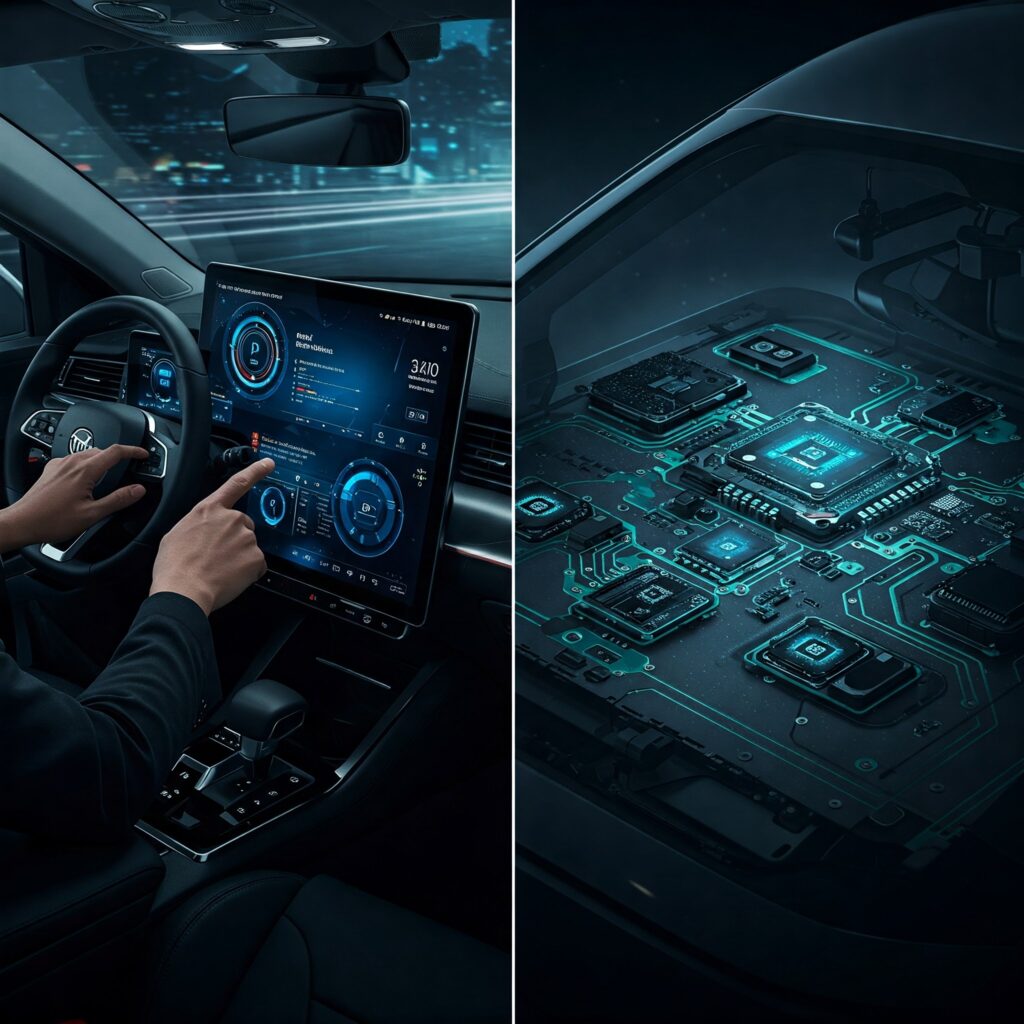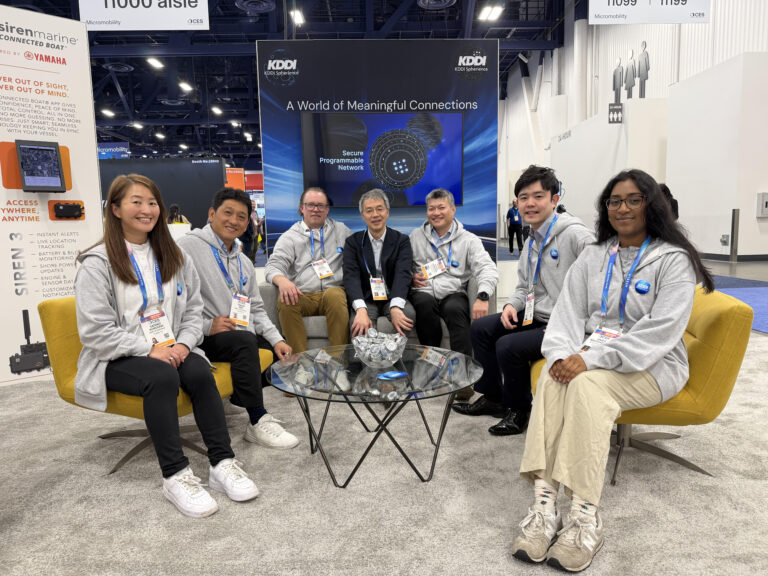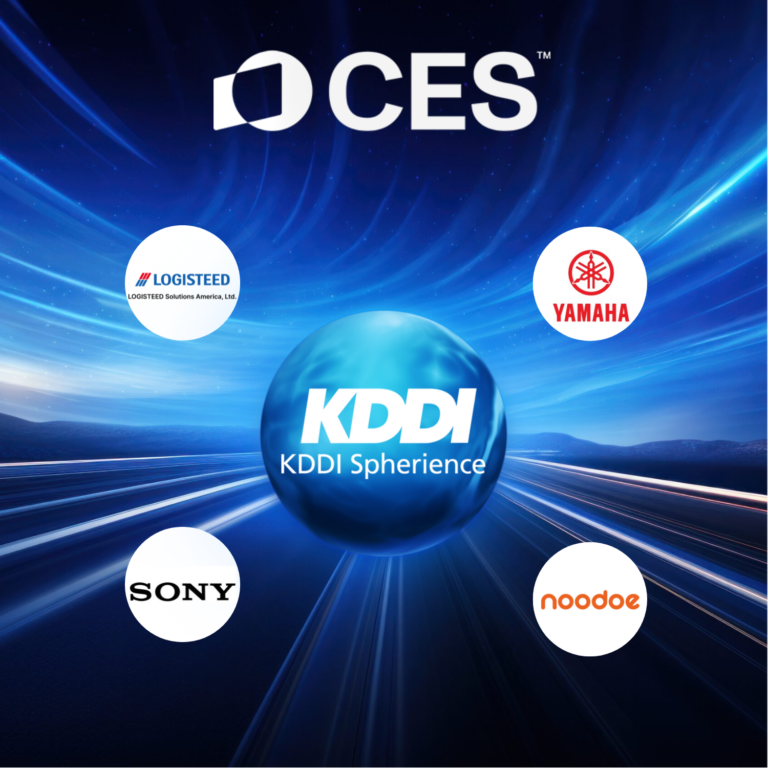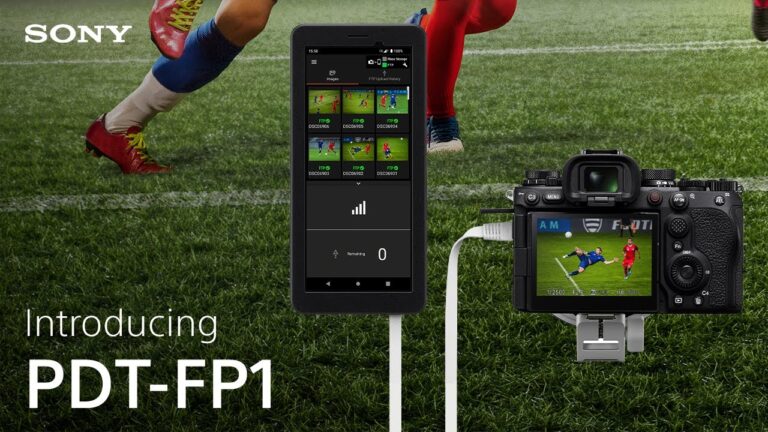As the world embraces intelligent mobility, vehicles are rapidly evolving into AI-powered companions—capable of understanding, learning, and responding to users in deeply personal ways. This evolution is being driven by a new wave of efficient, high-performing AI models like DeepSeek R1, designed specifically for on-device inference at the edge.
From the Cloud to the Cockpit
Traditionally, generative AI models required cloud-level compute power. But with breakthroughs in model distillation, pruning, and quantization, we’re seeing powerful, compact models like DeepSeek R1 match or outperform legacy cloud-only systems—running entirely on smartphones, PCs, and now, in vehicles.
This isn’t just a technical shift. It’s a paradigm change in how AI is integrated into the driving experience.
AI at the Edge: Reinventing the In-Car Experience
OEMs are adopting optimized AI models to deliver hyper-personalized, secure, and responsive interactions for drivers and passengers. Here’s how:
Conversational In-Car Assistants
AI voice assistants—like those in Mercedes-Benz’s MB.OS or BMW’s Car Genius—are now multi-turn, context-aware, and deeply personalized. They process commands locally, respond faster, and maintain user privacy.
Multimodal Intelligence
Vehicles now combine voice, gestures, visual cues, and sensor data to offer seamless human-machine interactions. Cabin cameras detect fatigue. Smart displays adapt to ambient lighting. Systems react to voice and eye movement—all in real time.
Predictive Personalization
From climate control and entertainment to route suggestions and seat adjustments, AI now learns user habits and adapts accordingly. Think Spotify meets Tesla Autopilot—but personalized and local.
Powered by Edge-AI Hardware
Platforms like Qualcomm’s Snapdragon Digital Chassis™ and NVIDIA Drive provide the AI horsepower. Combined with compact models like DeepSeek, they enable real-time AI inference—without relying on cloud latency or connectivity.
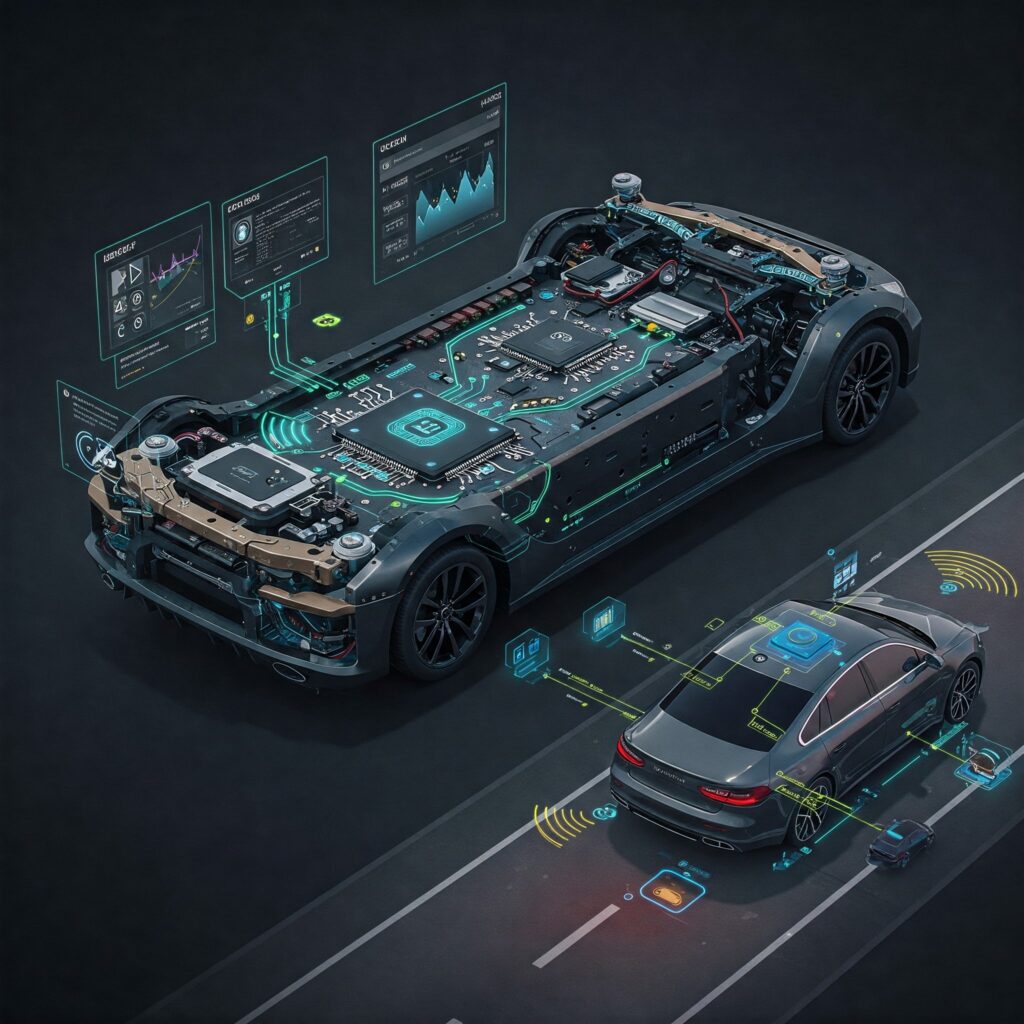
Ecosystem-Wide Innovation
Across the automotive value chain, AI is transforming the rules of engagement:
- Rivian is deploying full-featured voice assistants tailored for adventure.
- Tesla continues advancing autonomous features powered by its Dojo AI stack.
- GSMA and 3GPP are standardizing 5G edge APIs and model deployment frameworks to ensure interoperability across regions and OEMs.
What’s Next: Embodied AI in Motion
The next frontier? Embodied AI—where digital agents don’t just assist, but act and reason in real-world conditions. These agents will plan routes, reschedule meetings based on traffic, and even suggest a coffee stop if you sound tired—without the cloud.
As OEMs strive for differentiated, software-defined vehicles, efficient AI models like DeepSeek will be the linchpin of innovation—offering scalable intelligence without compromising on performance, cost, or privacy.
Final Thoughts
The shift in AI isn’t about bigger models—it’s about smarter, faster, and more accessible ones. In the automotive space, that translates into intelligent, personalized, real-time experiences—not in the cloud, but right inside your car.
Citations
- Qualcomm Technologies, Inc. (2025). AI Disruption is Driving Innovation in On-Device Inference. Retrieved from https://www.qualcomm.com
- Mercedes-Benz Group AG. (2024). MB.OS – The Mercedes-Benz Operating System. Retrieved from https://group.mercedes-benz.com
- Mercedes-Benz & Google Cloud. (2024). MBUX Virtual Assistant with Generative AI Capabilities. Retrieved from https://media.mbusa.com
- BMW Group. (2024). Artificial Intelligence as a Quality Booster – BMW’s GenAI4Q Initiative. Retrieved from https://www.press.bmwgroup.com
- Edmunds. (2024). Rivian AI Voice Assistant Confirmed for 2025 Launch. Retrieved from https://www.edmunds.com/car-news/rivian-ai-voice-assistant-confirmed.html
- Wikipedia. (2024). Tesla Dojo. Retrieved from https://en.wikipedia.org/wiki/Tesla_Dojo
- GSMA. (2024). GSMA and AECC Collaborate to Advance Interoperable Connected Vehicle Services. Retrieved from https://www.gsma.com
- 3GPP. (2024). Release 18 Overview: AI/ML for 5G-Advanced. Retrieved from https://www.3gpp.org
NVIDIA Corporation. (2024). NVIDIA DRIVE: Scalable AI Platform for Autonomous Vehicles. Retrieved from https://www.nvidia.com/en-us/self-driving-cars/drive-platform
